The Government should allocate specific funding in the national budget and establish a secretariat to facilitate speedy implementation of Special Economic Zones (SEZs), economic experts say.
Zimbabwe hopes to unlock billions in foreign direct investment and bolster re-industrialisation through SEZs, a modern business model that provides specialised incentives to investors in different designated economic zones.
The enactment of the Special Economic Zones Act and the recent appointment of a board, led by Dr Gideon Gono, have already set the tone for the roll-out of the model.
However, economic experts say more still needs to be done to fast-track development of relevant supporting infrastructure and complement the operations of the board.
"What needs to be done first is to have the secretariat of the board up and running because we cannot have a board without an organisational structure in place that does day to day runnings. So, we need some kind of an organisation and I don't know what it can be called in line with the SEZs Act," economic analyst and consultant, Dr Gift Mugano, said.
"This organisation needs to have a qualified CEO or management who will run the show. This issue is not just about putting an Act and going on holiday without supporting systems. It's a serious matter of attracting investment that also needs a clear budget allocation from the fiscus.
"If you look at our budget Treasury is not putting money for that and instead 91 percent goes to salaries. We need money for SEZ infrastructure development and this is urgent."
SEZs board member, Mr Busisa Moyo, on Friday revealed that the implementation of the model was still work in progress as they were yet to recruit a CEO and that designation of zones was yet to be done.
Bulawayo-based economist, Mr Dumisani Sibanda, said SEZs would not achieve desired results if not supported by a favourable macro-economic climate and called for a review of cost drivers.
"We need to take note of the export processing zones model and learn from its failure. It is essentially the same. The issues of the macro-environment are crucial. There is a need to address the cost drivers and markets. Investors need to ascertain export markets because there is causal link between exports and investments," he said.
His views were echoed by economic strategist, Dr Gatsha Mazithulela, who felt the rollout of SEZs must be accompanied by a commitment to addressing macro-economic fundamentals.
"I do welcome the idea of SEZs but do not believe these could be a solution when other aspects of the economy are not right. The banking sector, for instance, should address confidence issues because investors would not come to invest in an economy where they cannot get their money from banks," he said.
The experts also advised the Ministry of Macro-Economic Planning and Investment Promotion to come up with specific regulations and a manual of procedures explaining how investors could participate in the SEZ programme.
"There is a grey area in this regard. For example, there should be clarity on exemption from indigenisation law and tax holidays and procedure for investors to be granted these licences," said Dr Mugano.
He added that a holistic SEZ programme needs to have a regulator, a board and operator services that would look into issues of provision of necessary infrastructure and logistics in line with international best practice.
Similar propositions have been done in countries such as Rwanda and Ghana, which have also adopted the model. Dr Mugano said the absence of relevant infrastructure in some of the designated zones, in particular, would blight the success of the model and result in delays that might frustrate investors.
"We are not talking of shells but concrete infrastructure such as roads, sewer, internet, electricity and water. Come to Sunway City in Harare for example, it's just grassland with no roads, electricity and water. This is a challenge in terms of implementation because investors come and consider these," he said.
"In Bulawayo it's also not clear where the designated leather and textile zones are? With SEZs we don't need to be having challenges of water and electricity. And of course in the financial service sector we don't need to have banks failing to disburse cash."
The experts advised Government to set up a Cabinet committee on SEZs that would be chaired by one of the Vice President so as to easily harmonise inter-ministerial bickering.
"This will put away challenges of coordinating and implementation between ministries. In Zimbabwe we hear of SEZs from a Ministry of Macro-Economic Planning perspective and not from the Ministries of Local Government, Finance and other relevant ministries," said Dr Mugano.
The experts expressed reservations over exclusion from the SEZ board of reputable industrialists including those based in the diaspora such as Strive Masiyiwa and others who have been exposed to the model in other countries. They said the composition of the board was critical in endorsing the SEZ programme and enticing investors.
- online
 Chiwenga takes fresh swipe at Wicknell Chivayo
Chiwenga takes fresh swipe at Wicknell Chivayo  Mnangagwa delivers stark warning
Mnangagwa delivers stark warning  Goodyear shutters multiple global plants
Goodyear shutters multiple global plants  ZSE pushes for another equities tax cut to boost selloffs
ZSE pushes for another equities tax cut to boost selloffs  Zimbabwe's forex receipts jump 23%
Zimbabwe's forex receipts jump 23%  Unifreight shifts focus towards cross-border
Unifreight shifts focus towards cross-border  Young Investment Professional (YIP) Graduate Programme 2019
Young Investment Professional (YIP) Graduate Programme 2019 
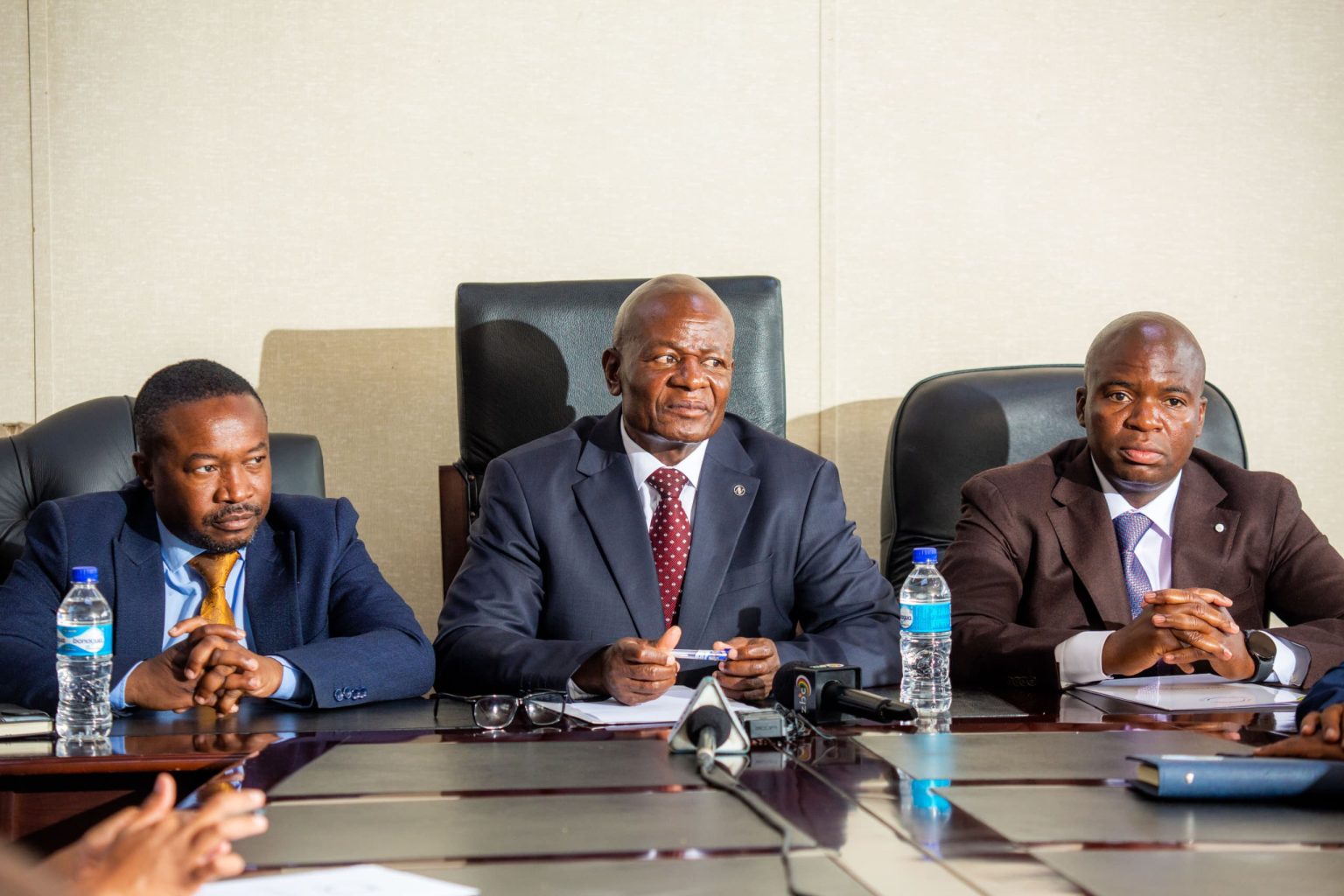
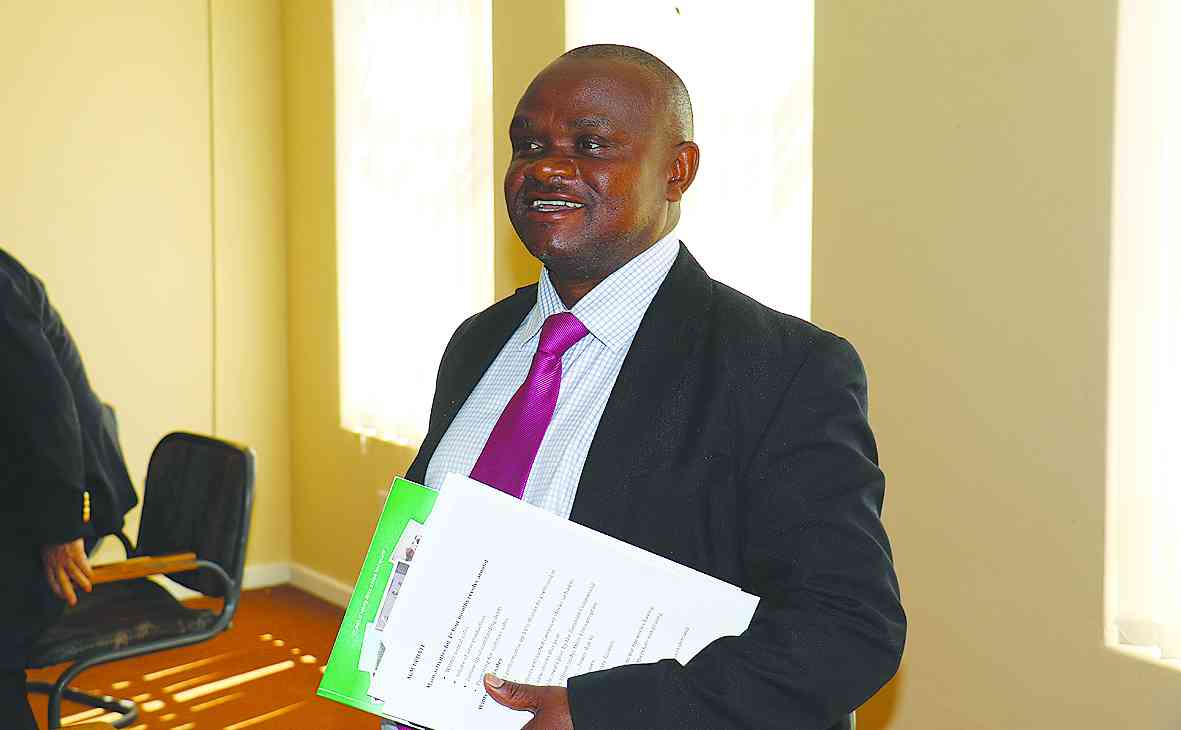
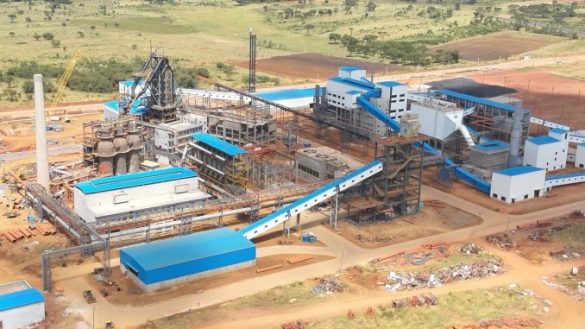
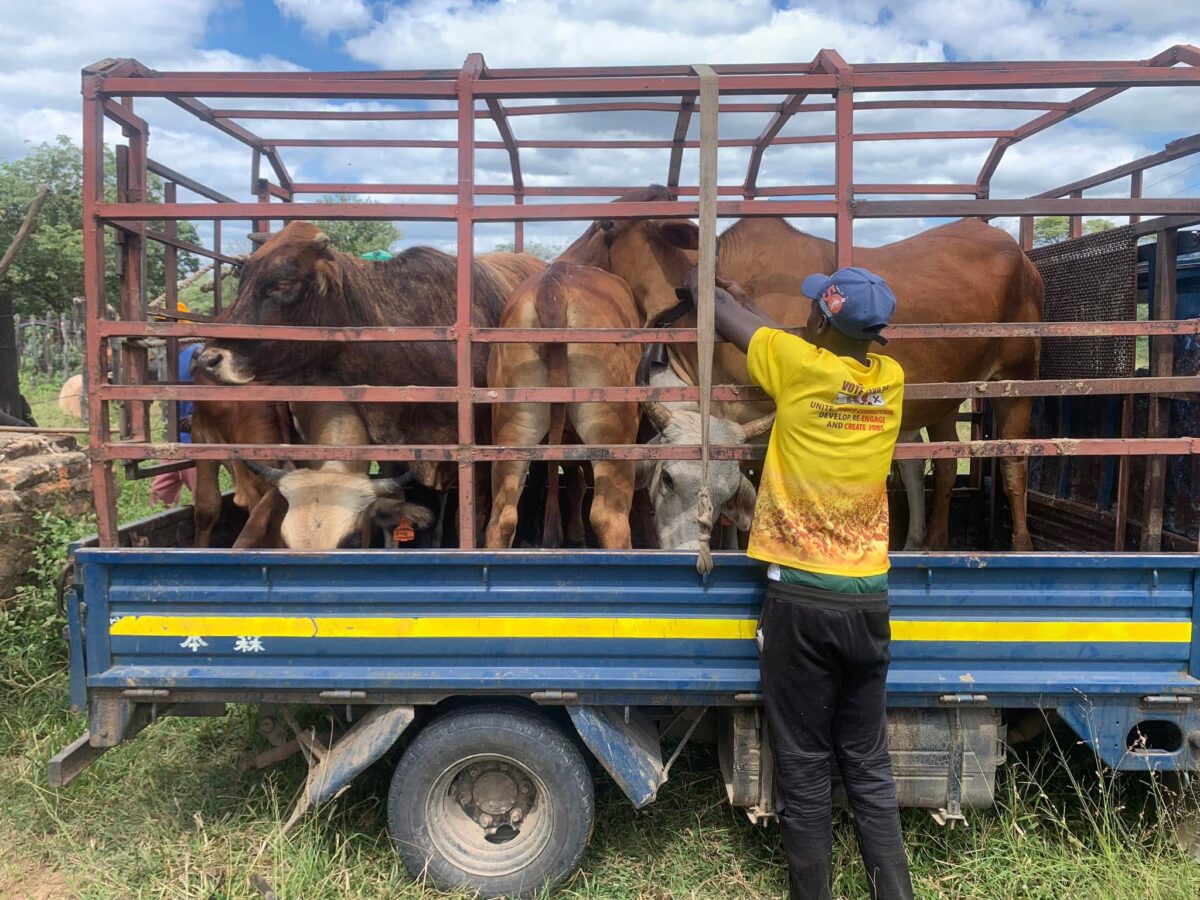

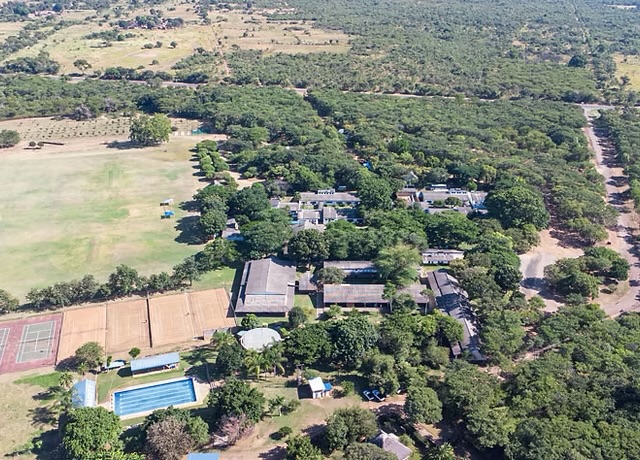

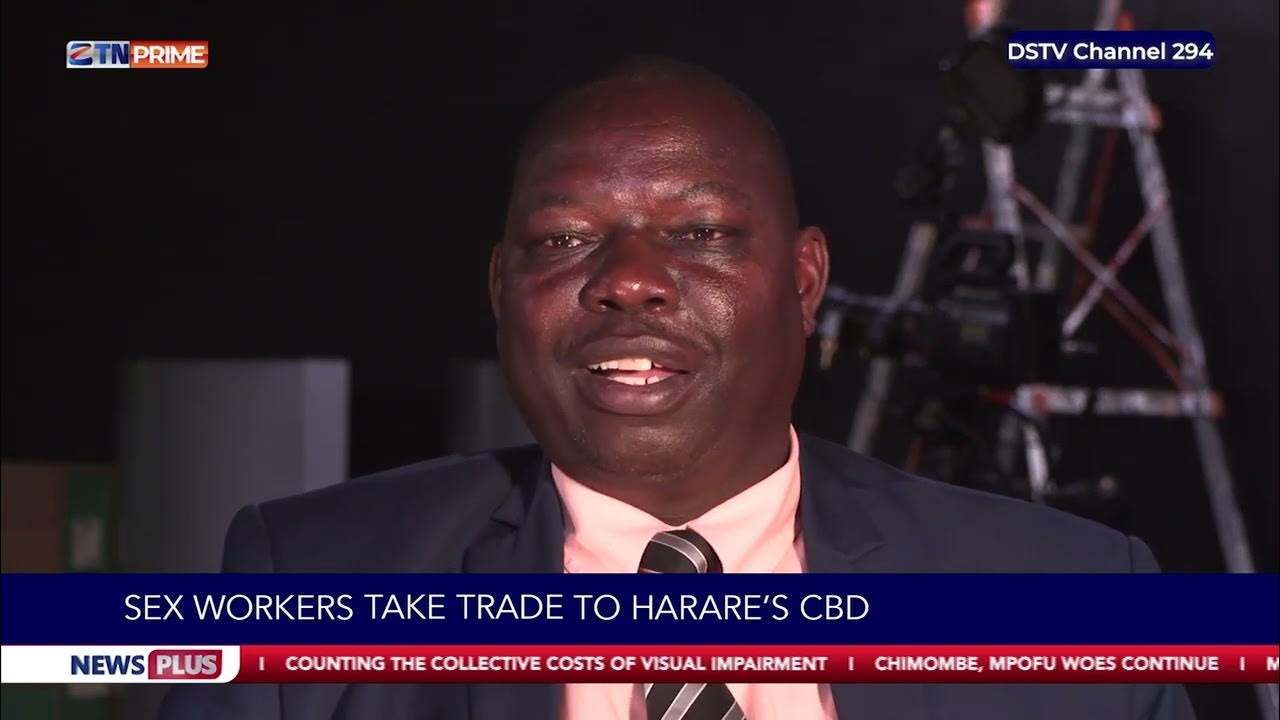


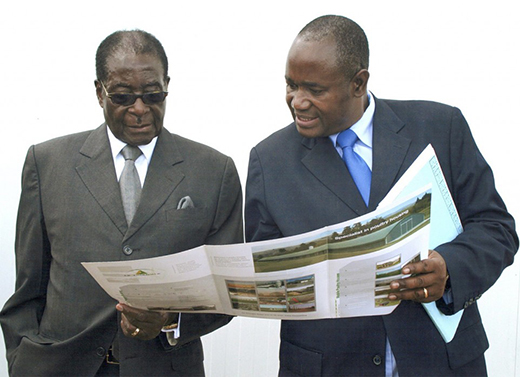
 Young Investment Professional (YIP) Graduate Programme 2019
Young Investment Professional (YIP) Graduate Programme 2019
Editor's Pick